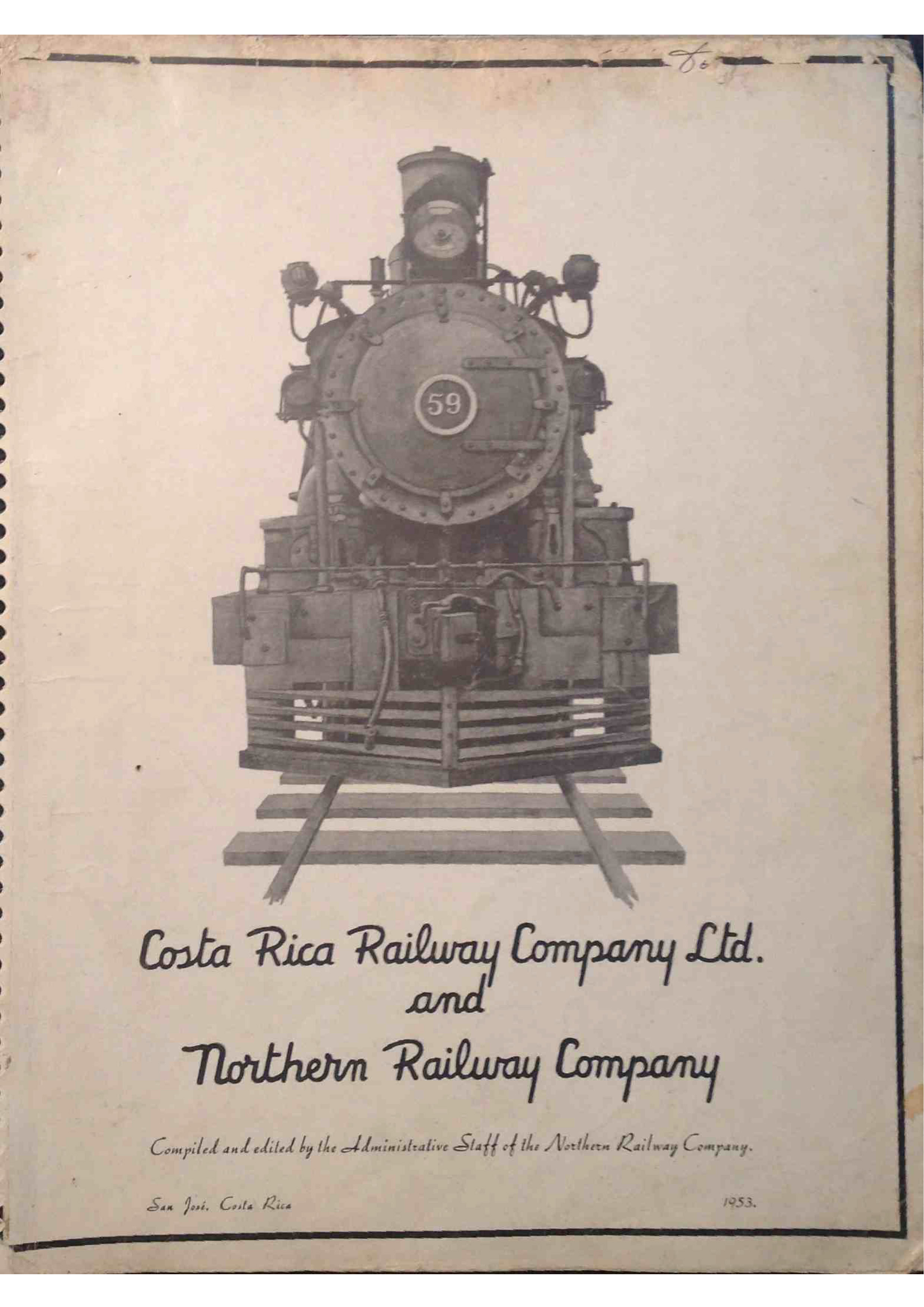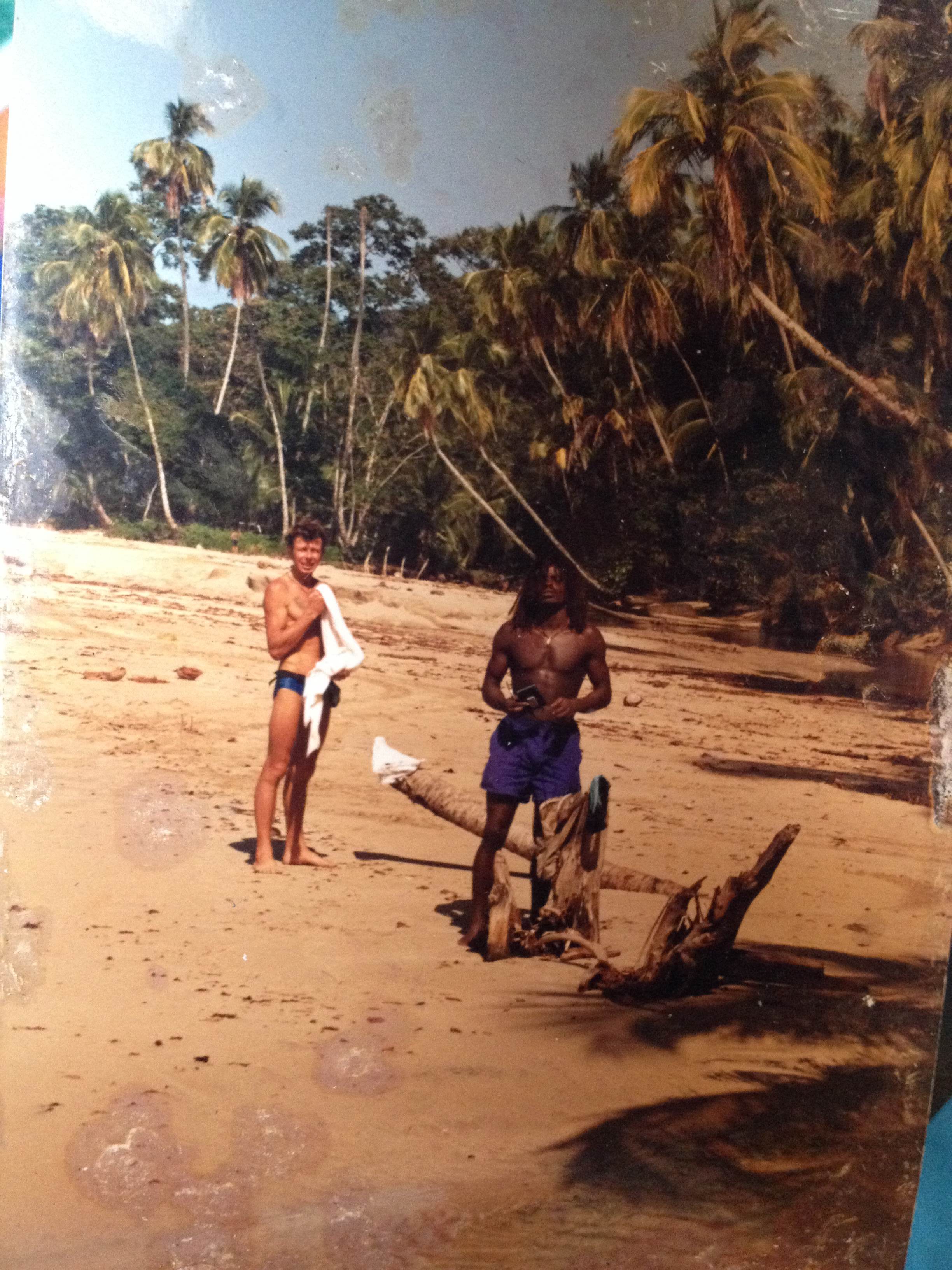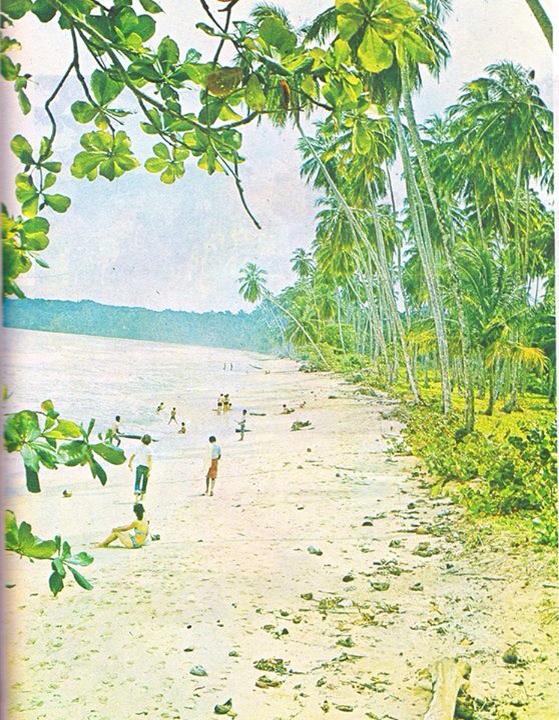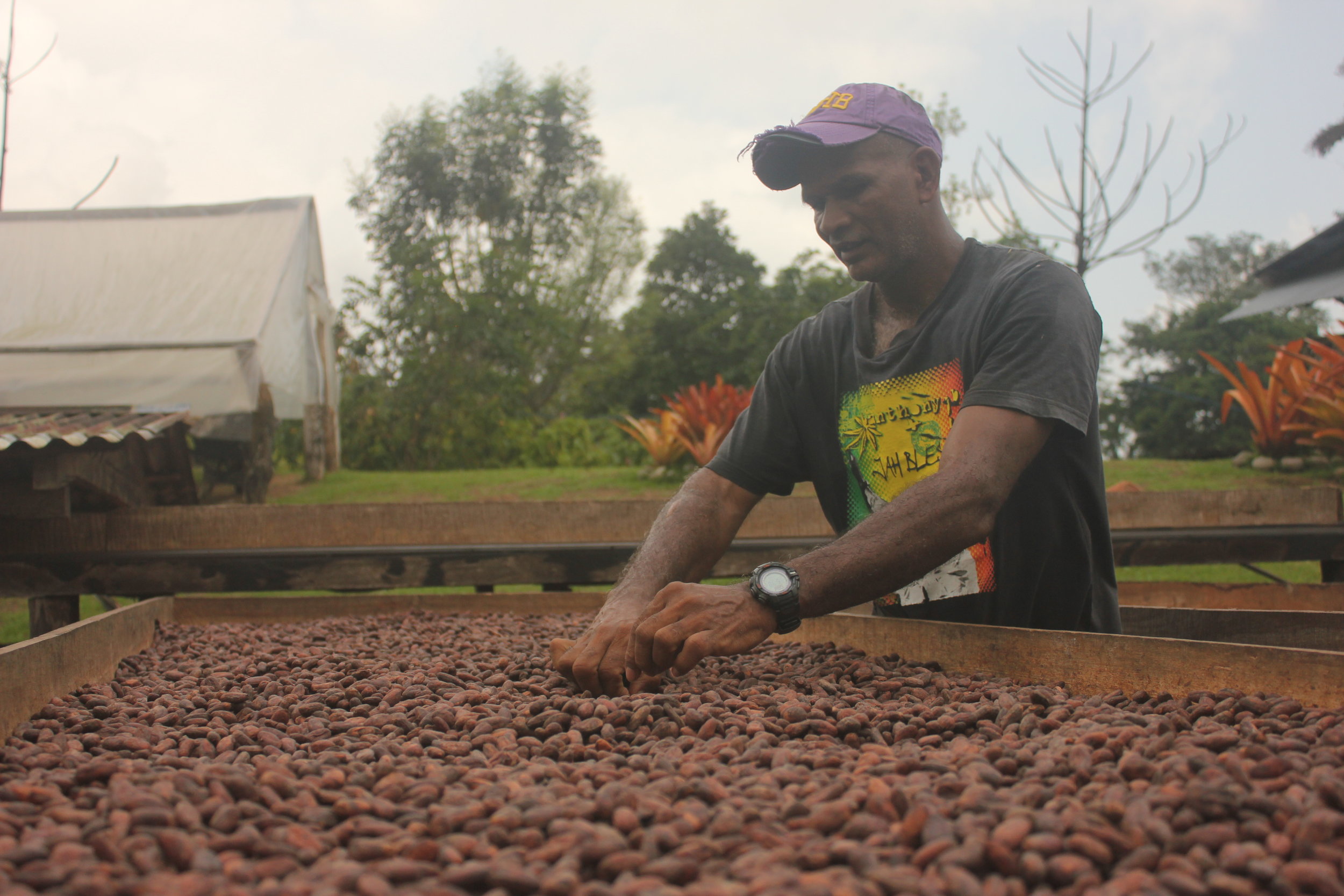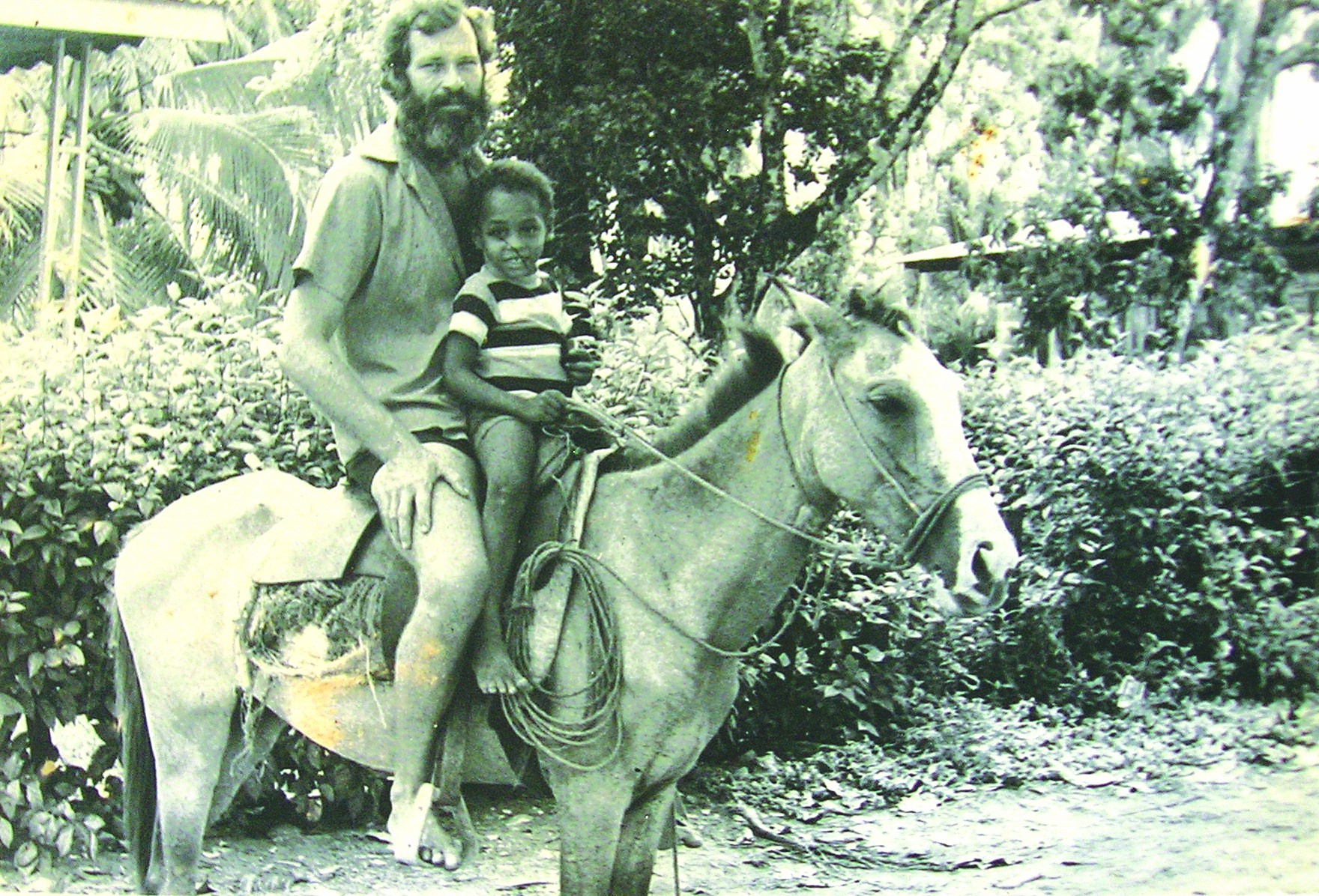The South Caribe Roots Archive documents the people, places and events in southern Caribbean, Costa Rica, through family photographs and stories.
The project aims to work with the community to develop a digital information platform that is reflective of local knowledge, experience, and social justice objectives.
The SCRA's primary objectives are to create and mobilize knowledge about this history and identity of residents of the southern Caribbean zone of Costa Rica; to build bridges and dialogue between academic and non-academic stakeholders, and to create a community-based digital archive that preserves community-identified cultural heritage.
HISTORIC PHOTO COLLECTIONS
VIDEO INTERVIEWS
AUDIO STORIES
PHOTO STORIES
RCP MEDIA PRODUCTIONS
Get involved
Contribute your History
The first step of the process involves obtaining a digital version of your archival items. These items may include photographs, documents, writings, videos, and audio clips, or artwork. You can get them to us in one of four ways:
1. Home Visit
Members of the Rich Coast Project team occasionally pay personal visits to the homes of community members to work with the individual collaborator to collect the photographs, documents, or memories they wish to contribute to the archive. Depending on the collections being offered to the archive, the RCP team brings with them the appropriate technology (scanner, camera, audio recorder, etc.).
Let us know you or someone you know would like to request a home visit:
2. Email
Some collaborators are located far away and/or have either already digitized their personal collections or have access to the technology necessary to do so. In this case, we accept submissions of photographs via email to caribearchive@gmail.com. Once the files have been received, an RCP team member will follow up to collect more details and information about the photographs submitted.
3. Scanning Station
We have partnered with the local copy center Libreria Caribe to provide a stable local scanning station. Contributors can bring the photographs and documents they wish to contribute directly to Sonia and the staff of the Libreria Caribe, who have been trained on scanning and uploading according to our collection and processing guidelines.
4. Local Events
We occasionally host local archiving events in order to both collect additional archival material and share existing SCRA collections. These events allow us to create space in the community for collective memory and collect additional information from attendees. Check out the events page for more information.
Volunteer
We are looking for local (in Caribe Sur) volunteers to assist with interview and photograph collection, and location-independent volunteers to help us with online interview transcriptions.
Let us know if you're interested in joining our team.
Donate
We gratefully accept donations to help support our operating costs and the expenses of our team members.
The Rich Coast Project is a 501(c)(3) non-profit organization. Cash donations from the U.S. are tax-deductible to the extent permitted by law.
We also accept material donations of (gently used) smart phones, cameras, and audio recording devices. Please email us at caribearchive@gmail.com if you're interested in making an equipment donation.







